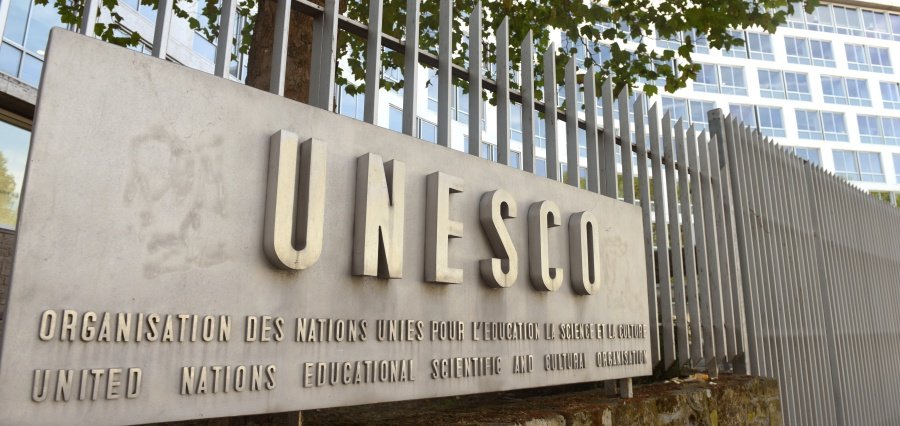Sub-Saharan Africa faces the highest global economic burden due to early school leavers and children lacking basic skills, according to UNESCO’s latest report, “The Price of Inaction.” The report reveals that the private costs of early school leaving amount to approximately US$190 billion for girls and US$210 billion for boys.
The issue was a focal point at the first Pan-African Conference on Girls’ and Women’s Education, held in Addis Ababa from July 2 to 5. This conference brought together ministers, policymakers, civil society representatives, and multilateral organizations to address the urgent need for educational resources.
Participants strongly endorsed the call for increased investment in education, particularly for girls. The conference featured laureates of the UNESCO Prize for Girls’ and Women’s Education (GWE) from five African countries. Aïcha Bah Diallo, a founding member of the GWE Prize’s international jury, underscored the Prize’s role in advocating for progress toward Sustainable Development Goals (SDGs), specifically Goals 4 (Quality Education) and 5 (Gender Equality). Addressing the laureates from Egypt, Kenya, Mozambique, Tanzania, and Zimbabwe, Diallo encouraged them to use their platform to advocate for necessary investments and policy changes.
Monica Swai of Tanzania’s Girls Livelihood and Mentorship Initiative (GLAMI) emphasized the need for partnerships to innovate and ensure long-term sustainability. She highlighted the importance of flexible funding for NGOs, which would enable them to conduct essential research and adapt programs based on evidence. “A lack of flexibility limits effectiveness when it comes to innovation and scaling up,” Swai said.
The laureates also praised the African Union’s Centre for Girls’ and Women’s Education in Africa (AU CIEFFA) for its role in uniting stakeholders and empowering organizations. They shared successful strategies for collaboration with community leaders and policymakers to overcome barriers to girls’ education. Hala El Shahed from Egypt’s Misr El Kheir Foundation highlighted the significance of teamwork in driving systemic changes for gender equality.
Conference attendees called for the collection of gender-disaggregated data, promotion of women’s leadership in education, closing the gender gap in digital literacy, and the adoption of the #AfricaEducatesHer campaign. They also advocated for holding biennial AU PANCOGED conferences to continue addressing these critical issues.

